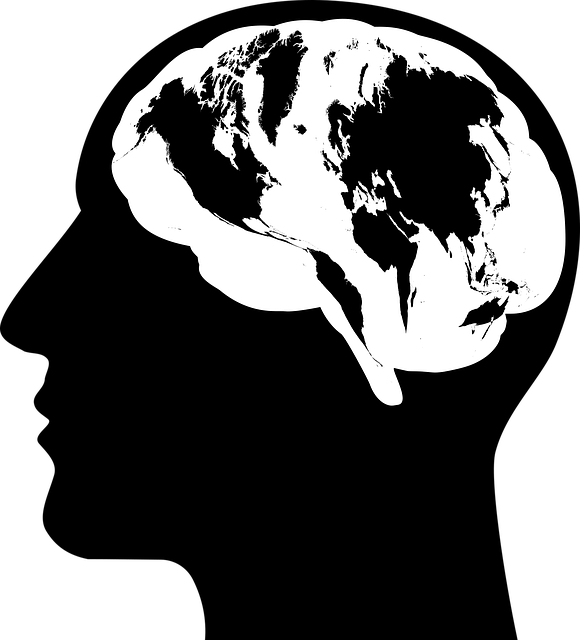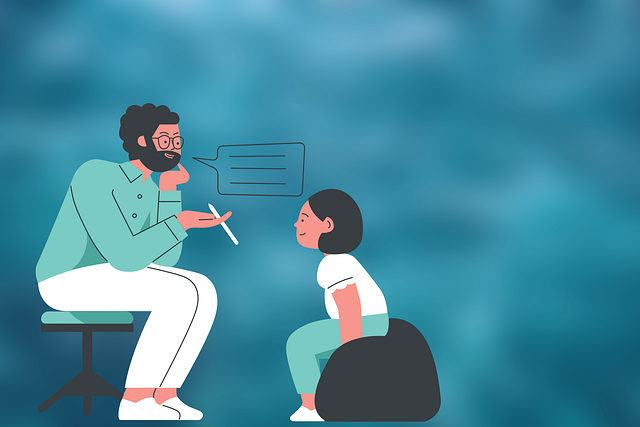Wheat Ridge Neuro Disorders Therapy prioritizes cultural competency training to ensure inclusive and effective patient care for diverse ethnic and cultural groups. Through comprehensive programs focusing on emotional regulation, mindfulness, and enhanced communication skills, professionals learn to appreciate different belief systems and build trust with patients. This holistic approach, featuring interactive workshops and reflective practices, not only improves patient satisfaction and reduces healthcare disparities but also prevents provider burnout, ultimately strengthening the patient-therapist relationship.
“Cultural competency in healthcare is no longer a nice-to-have, but an essential requirement. As diverse patient populations become the norm, healthcare providers must adapt their practices to offer equitable care. This article explores the critical role of cultural competency training, focusing on its impact on patient outcomes. We delve into best practices through the lens of Wheat Ridge Neuro Disorders Therapy’s innovative training programs. Additionally, we provide strategies for implementing and measuring sustainable change, ensuring healthcare providers can effectively navigate diverse cultural landscapes.”
- Understanding Cultural Competency in Healthcare: A Necessity in Modern Practice
- The Impact of Cultural Competency Training on Patient Outcomes
- Designing Effective Training Programs for Wheat Ridge Neuro Disorders Therapy
- Implementing and Measuring Change: Strategies for Sustaining Cultural Competency
Understanding Cultural Competency in Healthcare: A Necessity in Modern Practice

In today’s diverse healthcare landscape, cultural competency is no longer an optional skill for providers; it’s a necessity. This concept revolves around the ability to understand and appreciate cultural differences, which significantly impacts patient care and outcomes. At Wheat Ridge Neuro Disorders Therapy, we recognize that patients’ cultural backgrounds shape their perspectives on health, illness, and healing processes, including emotional healing processes and self-awareness exercises. By integrating positive thinking and understanding these nuances, our team can offer more personalized and effective treatment plans.
Cultural competency training equips healthcare professionals with the tools to communicate effectively, build trust, and respect diverse belief systems. This is particularly crucial when treating patients from different ethnic, racial, or cultural groups who may have unique expectations and concerns regarding their health. By fostering a culturally competent environment, we aim to create a safe space where every patient feels heard, understood, and empowered to take charge of their healthcare journey.
The Impact of Cultural Competency Training on Patient Outcomes

Cultural competency training is transforming patient outcomes at Wheat Ridge Neuro Disorders Therapy and similar healthcare institutions. By equipping professionals with the skills to navigate diverse cultural backgrounds and beliefs, we’re fostering a more inclusive and effective healthcare environment. This approach goes beyond treating symptoms; it’s about understanding and respecting patients’ unique perspectives, values, and communication styles.
Empowered by Compassion Cultivation Practices and enhanced social skills training, healthcare providers can prevent burnout and improve patient satisfaction. This holistic approach to training isn’t just about knowledge transfer; it’s about cultivating empathy, building bridges through effective communication, and ensuring everyone receives the highest quality of care. These initiatives are particularly crucial in addressing healthcare disparities, as recognized by various organizations, including those focused on Burnout Prevention among medical professionals.
Designing Effective Training Programs for Wheat Ridge Neuro Disorders Therapy

Designing Effective Training Programs for Wheat Ridge Neuro Disorders Therapy involves tailoring educational experiences to meet the unique needs of practitioners working in this specialized field. The first step is assessing the specific cultural competencies required, such as emotional regulation and mindfulness meditation skills, given the sensitive nature of neuro disorders. By incorporating these practices into training, mental health professionals can enhance their ability to connect with patients from diverse backgrounds.
Curriculum should include interactive workshops focused on risk assessment for mental health professionals, ensuring practitioners are equipped to navigate complex cultural dynamics. Engaging scenarios and role-playing exercises allow participants to apply learned strategies in realistic situations, fostering a deeper understanding of cultural competency. This immersive approach facilitates skill development, enabling Wheat Ridge Neuro Disorders Therapy providers to offer more compassionate and culturally sensitive care.
Implementing and Measuring Change: Strategies for Sustaining Cultural Competency

Implementing and Measuring Change is a critical phase in any cultural competency training program, ensuring that the benefits extend beyond the training room and into day-to-day practice. At Wheat Ridge Neuro Disorders Therapy, we’ve found success through several strategies tailored to sustain and enhance cultural competence. One key approach involves regular, structured debriefings after diverse patient interactions. These sessions encourage reflection on cultural nuances, fostering empathy building strategies that strengthen relationships with patients from various backgrounds.
Additionally, integrating feedback mechanisms allows staff to gauge the impact of their cultural competency efforts. This can include patient satisfaction surveys, focus groups, and self-assessments. By regularly monitoring these metrics, we identify areas for improvement, continually refine our training programs, and reinforce resilience building strategies that adapt to evolving cultural landscapes.
Cultural competency training is no longer a nice-to-have, but an indispensable tool for healthcare providers. As diverse patient populations become the norm, ensuring that healthcare services are accessible and culturally sensitive is essential for positive patient outcomes. The case studies presented, particularly those focused on Wheat Ridge Neuro Disorders Therapy, highlight effective strategies for designing, implementing, and measuring cultural competency programs. By adopting these practices, healthcare organizations can foster an inclusive environment, improve patient satisfaction, and ultimately enhance the quality of care delivered to all individuals.














